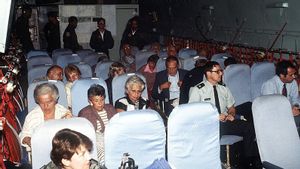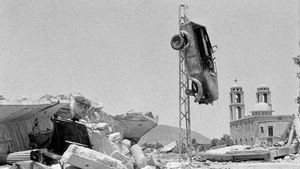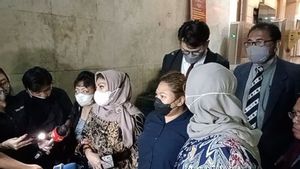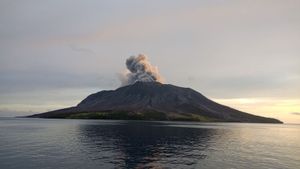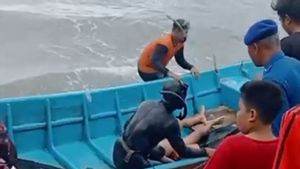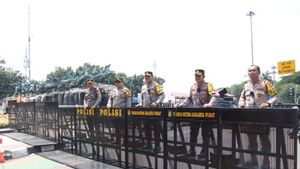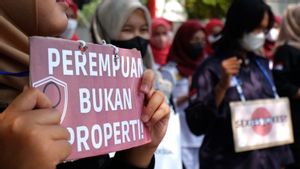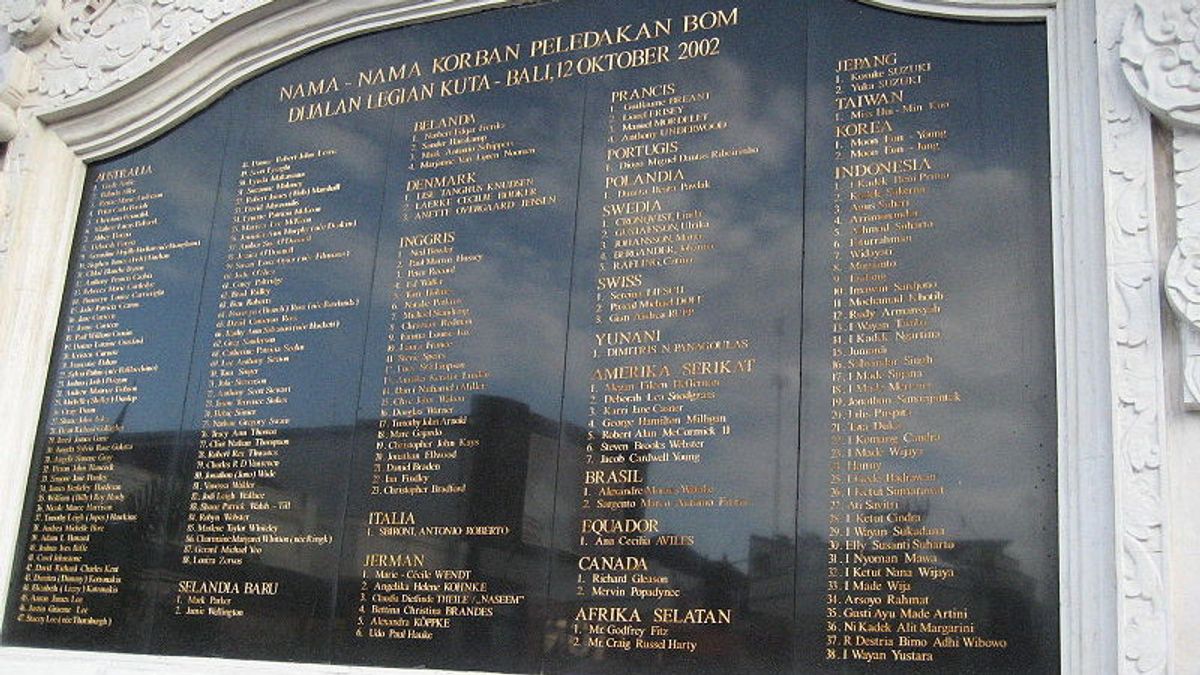
JAKARTA - On October 12, 2002, three bombs exploded in Bali. Bombs exploded at several points, namely the Sari Club and Paddy's Pub in Kuta, as well as one that exploded near the United States Consulate. The three bombs exploded at the same time at around 23.15 WITA.
This bomb explosion killed 202 people, including two suicide bombers. According to the Joint Investigation Team of the National Police and the police, the bomb used was of the TNT type weighing 1 kg. Meanwhile, in front of the Sari Club, the bomb used was an RDX type with a weight of 50-150 kg. This disaster became the worst terrorism event in the history of Indonesia.
Of the three locations, the Sari Club was the area with the biggest bomb explosion. The explosion engulfed the entire Sari Club building and the flames were enormous.
Previously, the club near the Sari Club, namely Paddy's Club, had experienced a bomb explosion first. About 10 minutes later, a bomb exploded in Renon, near the United States Consulate. However, there were no casualties in the incident.
The President of the Republic of Indonesia at that time, Megawati Soekarnoputri, urged the police to immediately resolve the case that tarnished Indonesia's name. Megawati even gave a deadline for the case to be resolved in November 2002.

The search for the perpetrators is also under considerable pressure from the international community considering the victims who died came from various countries. The search for the perpetrators met a bright spot after the L-300 car debris was found everywhere. Citing Detik, the police believe that the bomb was carried by the L-300.
The results of the investigation found that the chassis number and car engine number had been deleted by the perpetrators. However, there is one car identity that is still intact, namely the kir number. The file for this vehicle was found in the Denpasar DLLAJR in the 1987 vehicle file. The car L-300 led the police to arrest the first perpetrator, namely Amrozi.
On November 6, 2002, one of the masterminds of the bombing, Amrozi bin Nurhasyim, was arrested at his home in Tenggulun Village, Lamongan, East Java. On November 7, 2002, 10 people suspected of being linked to the Bali 1 bombing were also arrested in several places on the island of Java. That same day, Amrozi was flown to Bali.
Amrozi gave five names that were used as the core blasting team. Ali Imron, Ali Fauzi, Qomaruddin are executors at Sari Club and Paddy's Club. Meanwhile, Ali Gufron and Mubarok were the people who prepared the blast. The police then hunted down Ali Gufron, Amrozi's older brother, Ali Imron, Amrozi's younger brother, and Ari Fauzi.
There are 25 names confirmed to be responsible for the deadly bombing. Three of them, Imam Samudera, Amrozi, and Ali Ghufron, were sentenced to death. All three are known to be members of the Jemaah Islamiyah terrorist network.
Stealing the world's attention
The reason the perpetrators chose Bali was none other than because the place was already famous in the world. These terrorists hope that their actions will echo worldwide. Many foreigners are in Bali so the targets of the terrorists are foreigners, especially Americans.
In addition, the perpetrators also think that Bali is a center of immorality and a location that is not by Islamic law. This can be seen clearly from the selection of locations that are considered to be centers of immorality.
Amrozi, Ali Gufron, and Imam Samudra were executed on November 9, 2009, at around 00.15 WIB. The three death sentences were repeatedly delayed because of the team of lawyers who continued to file objections. The first time that was done was to conduct a review (PK) on this case, but it was rejected. The team of lawyers then again submitted a review of the Supreme Court's decision to the Constitutional Court.

Finally, the team of lawyers submitted a trial for the execution of the death penalty. This was because the three convicts did not want to be sentenced to death by shooting, but according to Islamic law, namely beheading. This was again rejected by the Constitutional Court.
Another person behind the bombing, Hambali, is on trial at the Guantanamo detention center. Hambali is on trial after 18 years in detention. The United States government says Hambali recruited militants, including two Malaysians, Mohammed Farik bin Amin, and Mohammed Nazir bin Lep Nurjaman, for jihadist operations.
Hambali's trial comes as the Joe Biden administration is about to close the Guantanamo detention center. Where the detainee is still holding 39 of the 779 people arrested after the September 11, 2001 attacks and invasion of Afghanistan.
Apart from grief and trauma, the 2002 Bali Bombings had a big impact on various sectors. Citing Liputan 6, the Bali Bombing I explosion had a major impact, especially in the economic sector. GDP in the fourth quarter of 2002 in Bali fell drastically to 2.61 percent compared to the previous quarter. The tourism sector fell 0.9 percent. In early 2003, GDP grew again by 2.04 percent, including the tourism sector, which grew 0.47 percent.
In the World Bank's analysis, economic stability and consumer confidence are not only in Indonesia but also throughout Southeast Asia to the Pacific region. On the security side, the 2002 Bali Bombings prompted the Indonesian government to issue Government Regulation in Lieu of Law No. 1/2002 on the Eradication of Criminal Acts of Terrorism and No. 2/2002 on the Enforcement of Government Regulation No. 1/2002.
*Read other information about TODAY's HISTORY or read other interesting articles from Putri Ainur Islam.
TODAY'S HISTORY More
SEE ALSO:
The English, Chinese, Japanese, Arabic, and French versions are automatically generated by the AI. So there may still be inaccuracies in translating, please always see Indonesian as our main language. (system supported by DigitalSiber.id)




